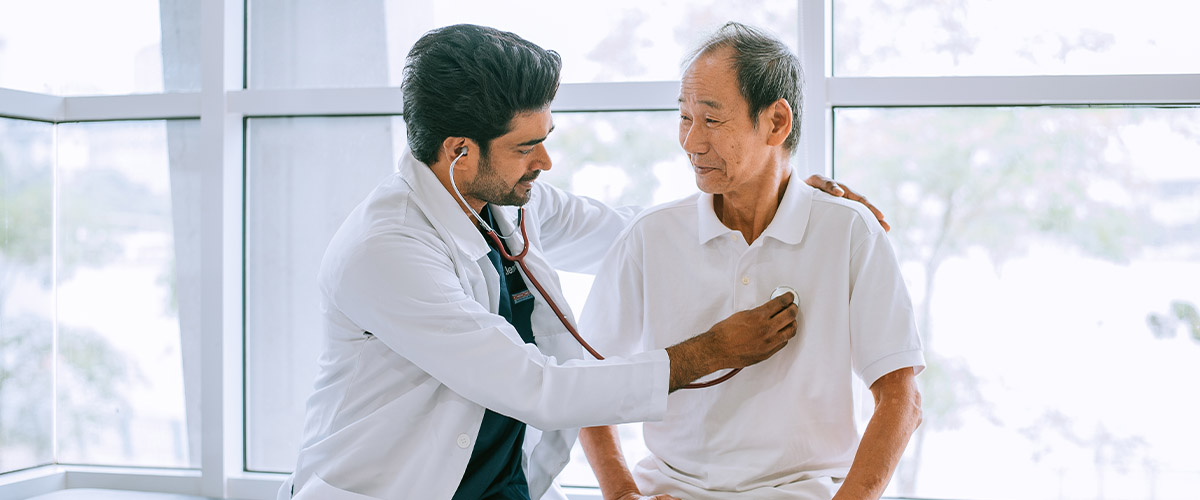Minutes Matter: Detecting the Early Signs of a Heart Attack

February 04, 2025 | Tags:
Every 40 seconds. That’s how often someone in the United States has a heart attack, according to the American Heart Association. Dr. Gail Askew, Assistant Medical Director at Medical Mutual, discusses how recognizing the signs of a heart attack and acting quickly can make all the difference to receiving lifesaving treatment. It could save the life of someone you love or even your own.
Recognize heart attack symptoms
A heart attack, also called a myocardial infarction, happens when parts of the heart muscle don’t get enough blood and oxygen. This is due to buildup of cholesterol-containing deposits called plaque in the arteries. A heart attack is different from cardiac arrest, which is when the heart stops beating or beats too fast to effectively pump blood.
Heart attack symptoms can vary: Some people experience mild symptoms; others have severe ones, and some may have any symptoms at all.
While heart attacks can occur suddenly, many provide warning signs hours, days or even weeks in advance. Recognizing these signs can be crucial for getting help in time. Some of the most common heart attack symptoms include:
- Chest pain: Also called angina, this can feel like pressure, chest heaviness, tightness, pain, squeezing or aching that can last for a few minutes or come and go. In most heart attacks, chest pain is felt in the center or left side of the chest.
- Upper body pain or discomfort: This pain can be located in the shoulders, arms (one or both), back, neck, jaw or upper abdomen.
- Shortness of breath: This may present with or without chest pain.
Other signs can include:
- Nausea, vomiting or upset stomach
- Breaking out in a cold sweat or hands getting sweaty
- Rapid or irregular heartbeats
- Lightheadedness or sudden dizziness
Some atypical signs, like anxiety and unusual tiredness and weakness, can also be indicators of a potential heart attack, especially in women.
Don’t wait to get help
The American Heart Association stresses, “Fast action can save lives – maybe your own.” If you or someone you know is having warning signs of a heart attack, call 911 immediately. This is the fastest way to receive lifesaving treatment. An EMS (Emergency Medical Services) team is trained to begin treatment as soon as they arrive and can arrange rapid transport to an emergency room. If you or someone you know shows symptoms or suspects a heart attack, seek medical help right away.
Talk to your doctor about heart health
There are several risk factors that can increase your risk for a heart attack, including age, family history, some health conditions and lifestyle. Take control of your heart health by talking with your primary care provider (PCP).
While some factors, like family history, are beyond your control, your PCP can help address factors you can control to lower your risk. This can include how to quit smoking, choosing foods to lower your cholesterol levels or control blood sugars, incorporating more nutrient dense foods, increasing your physical activity and finding ways to improve your sleep. “Regular exercise is essential in preventing premature heart disease,” Dr. Askew said, adding that engaging in physical activity is a key factor in maintaining cardiovascular health and reducing the risk of heart-related issues.
Need help finding a PCP? Use our Find a Provider tool or call Customer Care at the number on your member ID card.
Medical Mutual Resources
Medical Mutual members have access to a variety of wellness programs and resources that can provide the support you need to keep your heart healthy.


